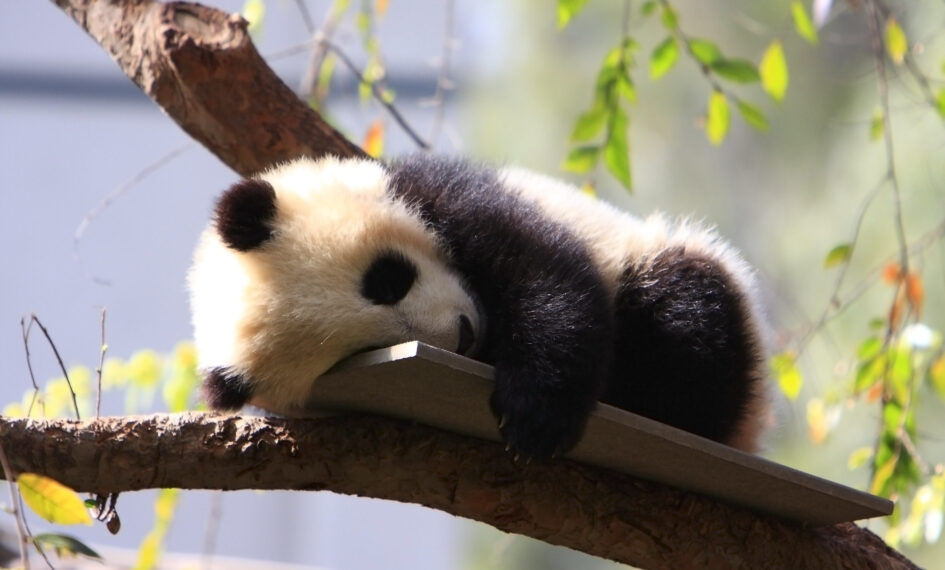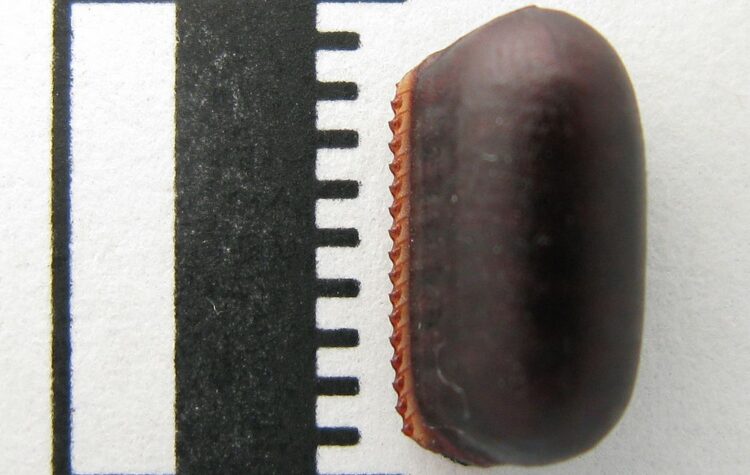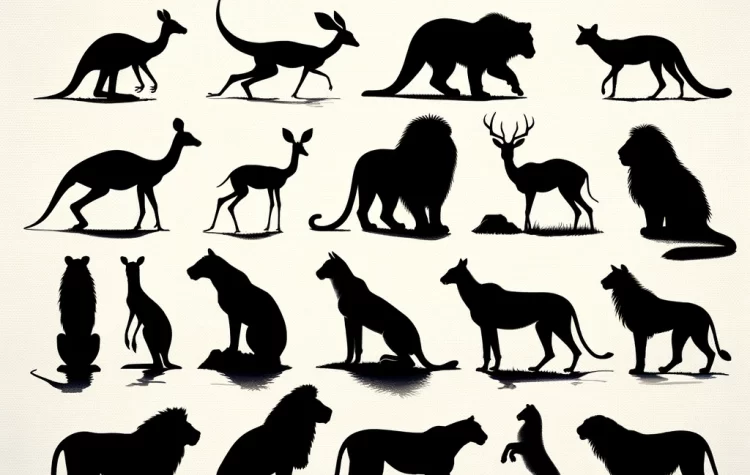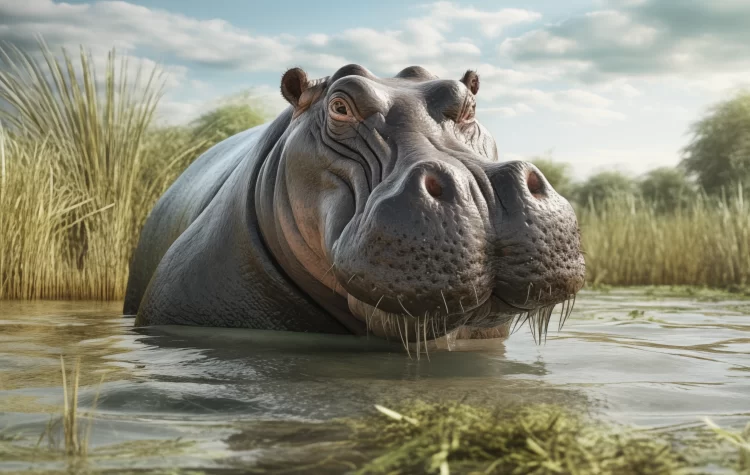The term “zoo” refers to a place where animals are kept for public display. Here’s an overview of its definition, etymology, and origin:
- Definition: A zoo, short for zoological garden or zoological park, is a facility where animals are housed within enclosures, cared for, displayed to the public, and often bred for conservation purposes. Zoos aim to provide an opportunity for people to observe and learn about wildlife and are involved in wildlife conservation and education.
- Etymology and Origin:
- The word “zoo” is an abbreviation of “zoological garden.” The term “zoological” relates to zoology, which comes from the Greek words “zōion,” meaning “animal,” and “logia,” meaning “study of.”
- The concept of keeping wild animals for display dates back to ancient civilizations, but the modern zoo as a public institution dedicated to the display of a wide variety of animals primarily for education and conservation purposes began to emerge in the 18th and 19th centuries.
- The first true modern zoo, focused on scientific study as well as public entertainment, was the London Zoo, which opened to the public in 1828. This institution served as a model for the development of zoos worldwide.



